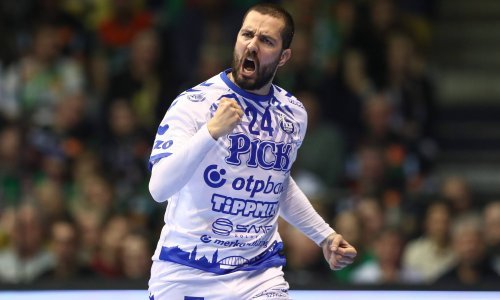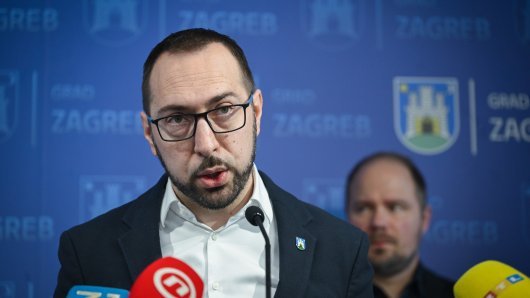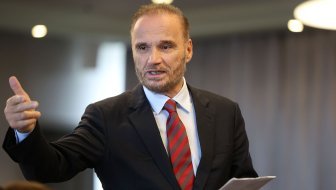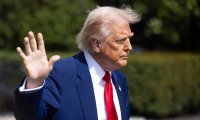The Yugoslav People's Army (JNA), in its attack on Croatia in 1991, should have bypassed Vukovar and reached Zagreb from two directions, the then Chief of the JNA General Staff and Federal Defence Minister, Branko Mamula, said in an interview with the Belgrade-based daily Politika, published on Monday.
Mamula said that the battle of Vukovar should not have happened at all, because Vukovar, just like Osijek, "was a pocket" that should have been bypassed.
"The JNA had enough forces to reach Zagreb from at least two directions, because it was there that things were being dealt with. It was a devastating policy for the JNA to stand on the ethnic boundaries of the Serbs and fight against the Croats. In the long term, that was no strategy at all. The JNA barracks in Croatia should have been unblocked, all paramilitary forces should have been disarmed and then negotiations should have begun, which in turn would have resulted in a delay of the international recognition of Slovenia," Mamula said.
He described the shelling of Dubrovnik by the JNA as disgraceful. "The JNA's combat operations around Dubrovnik were the least clear and logical. It's a disgrace what was done there."
Mamula said that the communists were to blame the most for the breakup of Yugoslavia because they had failed to reform in time. He claimed that Yugoslavia had not fallen apart but had been broken up.
The JNA leadership is responsible for not carrying out a coup and for allowing the nationalist leaders and secessionist behaviour of the two western republics to push the JNA into the hands of Serbian nationalists, who unscrupulously used it in the inter-ethnic war and eventually discarded it, Mamula said.
According to him, Slovenia and Serbia set off the mechanism for the destruction of Yugoslavia, and problems with Slovenia did not lay in the army, but in the organisation of the state. "We in the JNA wanted Yugoslavia to be preserved and reformed in a peaceful way, because we assessed that all else would lead to war. But we did not have power. The power was in the hands of the republics, while at the federal level the power, if there was any at all, was in the hands of the two presidencies: the state presidency and the party presidency, first and foremost the party presidency. That's why the biggest responsibility for everything tragic that happened as a result of the breakup of Yugoslavia lies with those who held power."
Mamula said that nationalism had existed in Croatia even before the rise to power of Slobodan Milosevic in Serbia, but exploded after "his attempt to redraw the map of Yugoslavia."
"I do not dispute that Serbia had a legitimate right to arrange its relations with the provinces in such a way as would not be damaging to Serbia as a whole. Also, it is beyond dispute that the communists in Croatia handed over power to the nationalists, just as the communists in Slovenia did. Actually, the communists are the most to blame for the breakup of Yugoslavia because they failed to reform in time," Mamula said.
Mamula, 90, retired in 1988 and lives in Tivat, Montenegro.




































